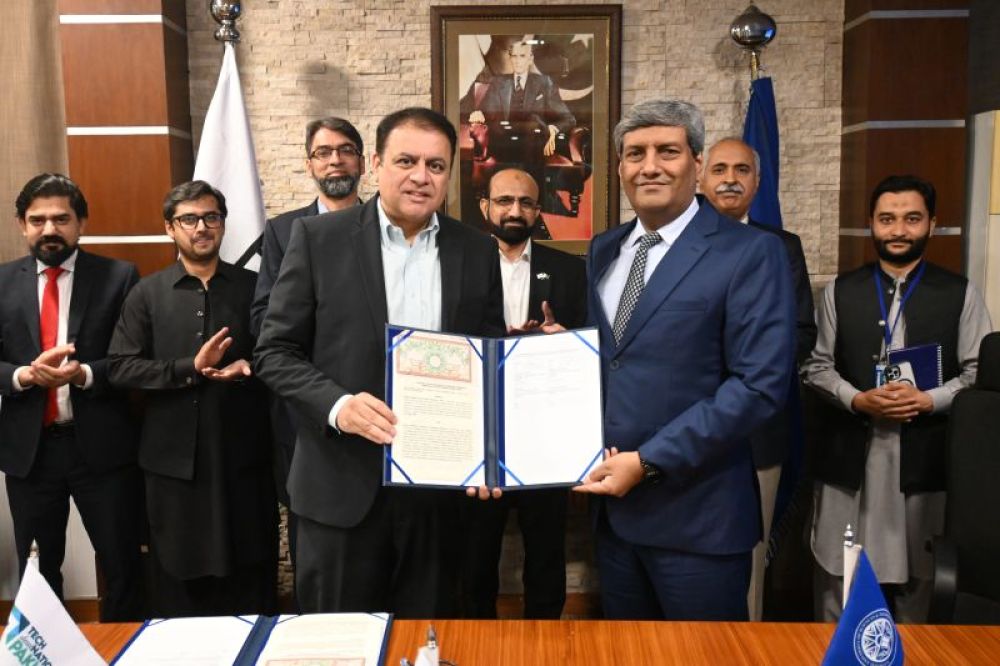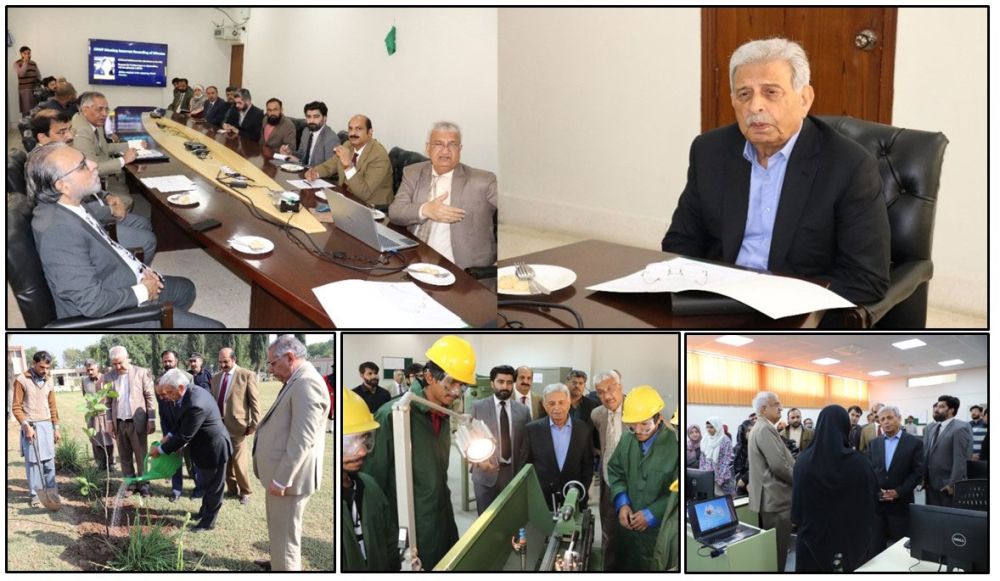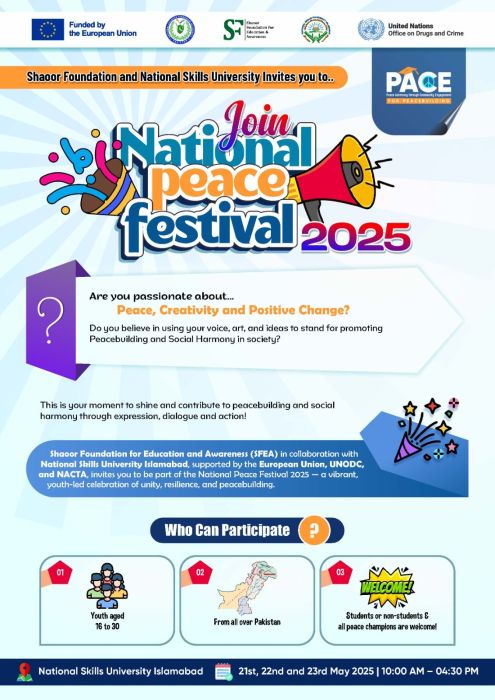Contemporary Media Literacy: Cornerstone of Pakistan's Progress
Posted 8 months ago
The capacity to communicate clearly, critically assess information, and responsibly engage with media is a national imperative. National Skills University Islamabad and its partners strive to support media literacy through their skills training initiative. The Founding Vice Chancellor described in his briefing to a delegation of journalists and media professionals led by Mr. Kashif Rizvi, Director of Training, and Khizar Kalasra, Deputy Director of the Associated Press of Pakistan (APP), joined by Ali Raza Alvi of the Pakistan Federal Union of Journalists. This visit marked more than a ceremonial tour; it signaled a shared recognition that communication and media skills are not just tools for journalists but vital instruments of democracy, social cohesion, and economic development.
Professor Mukhtar's briefing highlighted the short courses offered at NSU focused on media skills and the university's plans to integrate advanced social media training aligned with contemporary realities. According to the visiting delegation, digital connectivity is expanding rapidly, but education systems have lagged in preparing young people for the demands and dangers of the digital age.
Media literacy today must go far beyond operating a camera or editing a video. It demands an understanding of algorithms, the dynamics of misinformation, the ethics of digital discourse, and the power of narrative.
The visiting delegation rightly praised NSU's dual distinction as a UNESCO-UNEVOC Center and a Center of Vocational Excellence, not just for its prestige but also for its practical mission of bridging the gap between skill and opportunity.
Pakistan stands at a crossroads. More than 60% of its population is under 30, a demographic reality that presents either a daunting challenge or a historic opportunity. Universities like NSU are choosing the latter path, empowering youth to find jobs and create them. As Professor Mukhtar noted, NSU's mission extends beyond academic instruction; it is deeply embedded in the communities it serves. By fostering entrepreneurship and providing market-relevant training, it positions itself as an educational institution and a catalyst for national development.
Pakistan's future depends on a generation of skilled, informed, and ethically grounded communicators, the young people who can not only navigate the digital landscape but also help shape it for the better.
NSU's initiative, supported by media professionals and grounded in community realities, deserves national recognition and emulation. It reminds us that skill development and education reform are not abstract policy goals but the lifeblood of democratic resilience and sustainable growth.





